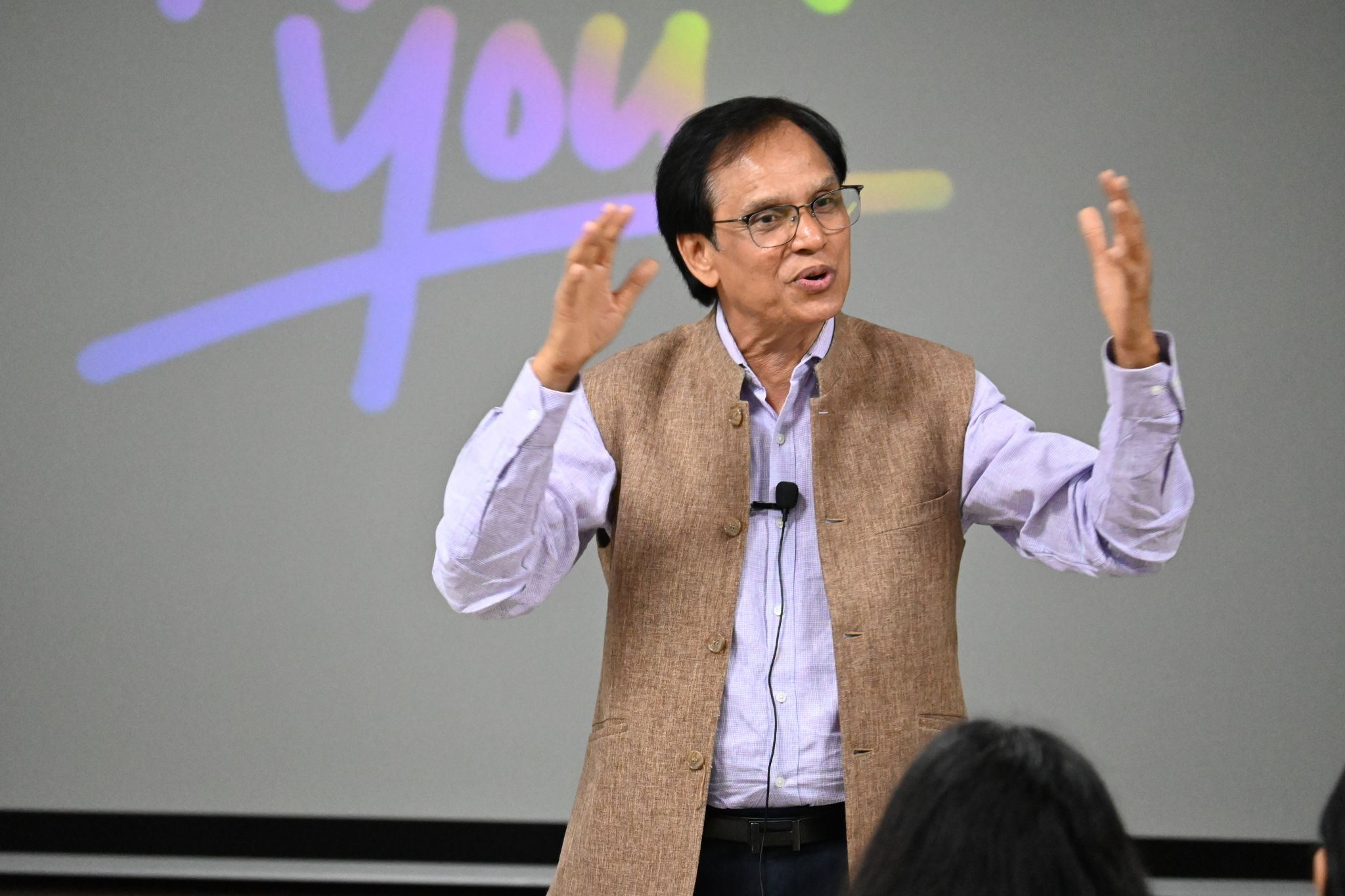Request for callback
By

.png)
Imagine this: You've been working tirelessly, juggling deadlines and meetings, and sometimes you don't get to take those well-deserved breaks. That's where leave encashment steps in.
But when money gets involved, so does the tax. The government wants its share, and understanding how leave encashment affects your taxes is crucial. So, let's break it down together in this blog to see how it works.
There are certain employers who allow the encashment of unused leave to their employees–
- during the period of employment, or
- at the time of retirement that may be on superannuation or otherwise.
Certain employers also allow leave encashment at the time of proceeding on leave travel concession (LTC) or Home Travel Concession (HTC).
For example, leave encashment upto 10 days of earned leave is allowed to the Central Government employees at the time of proceeding on leave travel concession (LTC) or Home Travel Concession (HTC).
Taxability of leave Encashment amount
As per sub-clause (va) of clause (1) of section-17, “salary” chargeable under the heading “income from salaries” includes “any payment received by an employee in respect of any period of leave not availed by him/her.” In the sub-clause, no distinction has been made between the amount received on account of leave encashment at the time of retirement or during the tenure of employment, which means the leave encashment is part of the gross salary received from any employer and chargeable to income-tax unless made exempt under the provisions of section-10 of the Income- Tax Act.
Exemption of leave Encashment amount
There should not be any doubt about the fact that, in view of the provisions of Section 17 discussed above, leave encashment in any form is part of the gross salary. However, the amount of leave encashment to the extent exempted under sub-section- 10AA of Section 10 of the Income-tax Act will not be included in the taxable total income of an employee.
Let us understand when and how much leave encashment will be exempt from income-tax for various classes of employees.
For employees of Central and State Government
As per section 10(10AA)(i) any payment received by an employee of–
- the Central Government, or
- a State Government
as leave encashment in respect of the earned leave balance at the time of retirement, whether the retirement is on superannuation or otherwise, is exempt from income-tax.
There is no upper monetary limit prescribed in the provision; hence, the amount of leave encashment received by the employees of the Central Government and the State Governments on their retirement, whether on superannuation or otherwise, will be fully exempt.
For other employees
Other than an employee of the Central Government and State Government, as per section 10(10AA)(ii), any payment in the nature of the leave encashment received by an employee, in respect of the balance of earned leave at the time of his retirement, whether the retirement is-
- on superannuation, or
- otherwise
To the extent it does not exceed 10 months salary calculated on the basis of the average salary drawn by the employee during the period of ten months immediately preceding his retirement, whether on superannuation or otherwise, will be exempt, subject to –
- the monetary limit of Rs 25,00,000/- prescribed by the notification number 31 of 2023 dated 24/05/2023 with effect from 01/04/2023, prior to this notification, the monetary limit of Rs 3,00,000/- was prescribed by the notification dated 31/05/2002 ;
- The encashment of earned leave by an employee shall not exceed 30 days for every year of actual service rendered by him as an employee of the employer from whose service he has retired, and
- the aggregate exemption for one previous year or more than one previous year from one or more employers should not exceed the monetary limit prescribed.
Conclusion
Leave encashment serves as a valuable component of employee compensation, fostering employee satisfaction and well-being. By understanding the tax treatment of leave encashment, employees can make informed decisions. Click here to book your FREE tax assessment call
Disclaimer:
The article is only for educational purposes, covering limited aspects of relevant provisions of the Income-tax Act. The relevant provisions of the Income-tax Act may be referred to, for complete understanding.


-1.png)
-1.png)
-1.png)


